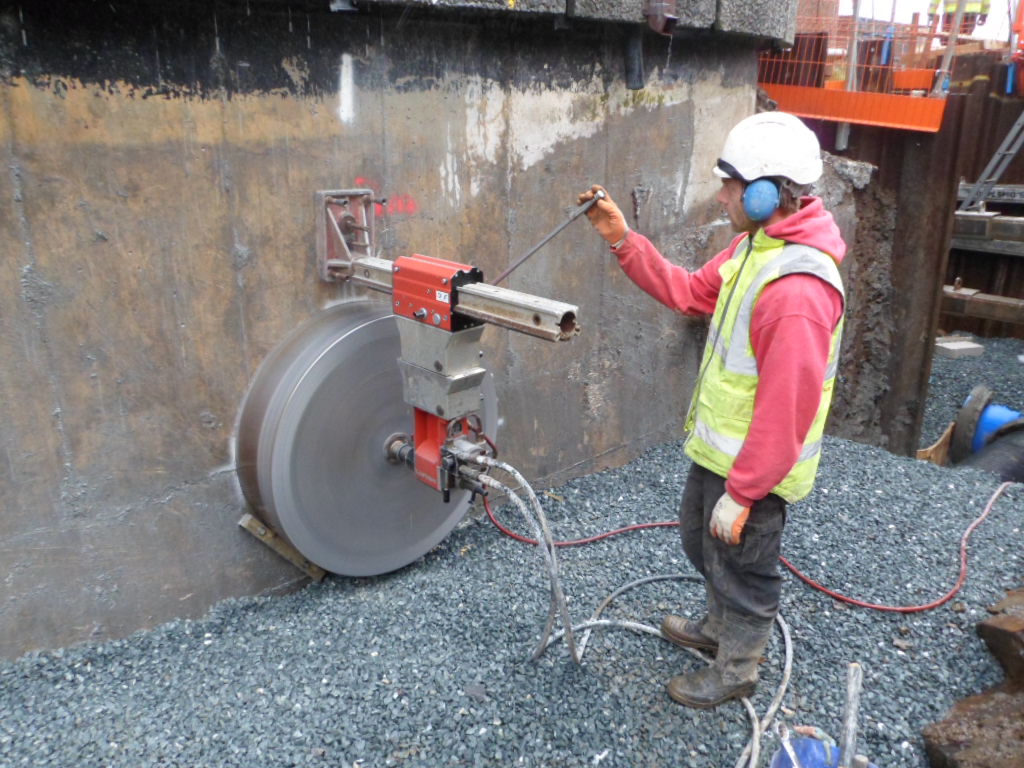The issue of leasehold properties has been very much in the news this year, and there is no doubt that many home-owners have been stung by unexpected leasehold charges. Far from the issue being some kind of obscure technical term that you don’t need to worry about, the issue of leasehold property management is something that you should consider very carefully. If you are a buy-to-let investor looking to secure a decent nest-egg return on your property, then you certainly need to know the ins and outs of freehold versus leasehold and how it could affect you in the long term.
What does freehold mean?
For most buyers, buying a freehold property is the preferred option because it means that you own both the property and the land it stands on. As the freeholder, you are responsible for the maintenance of the building and surrounding garden or hard-standing area, and you don’t have to rely on an outside freehold contractor to look after this for you. You do not have to pay any ground rent.
What does leasehold mean?
Whilst you own the building someone else – an individual or company known as the freeholder – owns the ground on which the property stands and this means there will be a contract drawn up between the parties setting out all legal rights and responsibilities. A leaseholder in effect is allowed to reside in the property for the length of the term of the leasehold. As the homeowner you will be required to pay ground rent, maintenance charges and a share of the buildings insurance for the duration of the leasehold contract which can vary in length from 40 years upwards. More often than not it will be for something like 99 years. The freeholder is responsible for the maintenance of exterior walls, the roof and any common parts of the building such as a communal entrance hall and stairs. Problems could arise if the freeholder is hard to contact when it comes to needing repairs doing or if they are simply neglectful of their responsibilities.
One of the most common complaints that leaseholders report is that they have to ask permission when they want to make any major changes to their home just as they would if they were renting. There may also be restrictions on how a leaseholder can use their property or whether they can own pets for example. If a leaseholder fails to pay fees or in some other way fails to uphold the terms of the leasehold contract there can be consequences such as late payment fees plus interest on top. The implementation of the Commonhold and Leasehold Reform Act in 2002 allows a freeholder to levy administration charges for a breach of a leasehold contract.
Areas of dispute
When a contract between a leaseholder and a freeholder falls into contention disputes can arise. A common one concerns the amount of fees and charges which can sometimes seem unfair particularly when they rise. Either side may feel that the other is not holding to their side of the bargain whether that refers to the proper maintenance of the property or improper use of the property.
Should you buy a leasehold property?
If the property has a short leasehold term, say 40 years, then this could downwardly affect the value of the property, it could be difficult to sell on, and it could be unmortgageable. You may be able to buy the leasehold, but this could be expensive. Remember stamp duty and other taxes are still payable whether the property is leasehold or freehold.
If you’re thinking of purchasing a buy-to-let property, you’ll need to give careful consideration to whether you can afford to tie up your money in a property that you don’t fully own.


